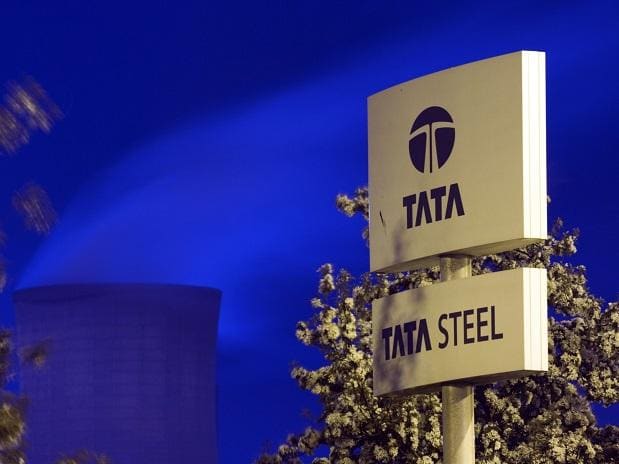Tata Steel World's First Steel Co To Pledge Pruning Of Sea Trade Emissions

Tata Steel, the country’s oldest steel producer, has joined Sea Cargo Charter (SCC) as part of its sustainability objectives and initiatives on reduction of Scope 3 greenhouse gas emission in ocean trade.
The company is the 24th organisation to join the association working to reduce environmental impacts of global seaborne cargo and is the world’s first steel producer to become the signatory of SCC.
The Sea Cargo Charter (SCC) is a global framework for assessing and disclosing the climate alignment of chartering activities. Launched in October 2020, there are currently already 24 signatories as part of this organisation.
“With our seaborne global volume in excess of 40 million tonne per annum, this is a decisive step in the direction to measure correctly and mitigate efficiently and innovatively,” Peeyush Gupta, vice president, supply chain at Tata Steel was quoted as saying.
SCC establishes a common, global baseline to quantitatively assess and disclose whether chartering activities are in line with climate goals set by UN maritime agency, the International Maritime Organization (IMO).
As per carbon accounting standards, a company’s direct emissions are called Scope 1 emissions, while electricity usage is Scope 2 emissions and the Scope 3 emissions is value chain emissions which are the type of activities that are executed within a company’s supply chain from sourcing and shipping to delivering and disposal of goods.
Business Standard has always strived hard to provide up-to-date information and commentary on developments that are of interest to you and have wider political and economic implications for the country and the world. Your encouragement and constant feedback on how to improve our offering have only made our resolve and commitment to these ideals stronger. Even during these difficult times arising out of Covid-19, we continue to remain committed to keeping you informed and updated with credible news, authoritative views and incisive commentary on topical issues of relevance.
We, however, have a request.
As we battle the economic impact of the pandemic, we need your support even more, so that we can continue to offer you more quality content. Our subscription model has seen an encouraging response from many of you, who have subscribed to our online content. More subscription to our online content can only help us achieve the goals of offering you even better and more relevant content. We believe in free, fair and credible journalism. Your support through more subscriptions can help us practise the journalism to which we are committed.
Support quality journalism and subscribe to Business Standard.
Digital Editor
Stablecoin The Future Of Currency?
The payments system is undergoing a quiet but consequential shift. What was once the exclusive preserve of central banks... Read more
BoE Loosens Capital Rules
The Bank of England has taken a significant step towards easing post-crisis regulation by lowering its estimate of the c... Read more
Monzo Looks For US Banking License
Monzo is preparing a renewed push to secure a US banking licence, four years after abandoning its first attempt when tal... Read more
Crypto Firms Push Into US Banking
America’s cryptocurrency companies are scrambling to secure a foothold in the country’s traditional banking system, ... Read more
Parallel Banking: Stablecoins Are Now Global
Parallel Banking: How Stablecoins Are Building a New Global Payments SystemStablecoins—digital currencies pegged to tr... Read more
JPMorgan Deploys AI Chatbot To Revolutionize Research And Productivity
JPMorgan has deployed an AI-based research analyst chatbot to enhance productivity among its workforce, with approximate... Read more

